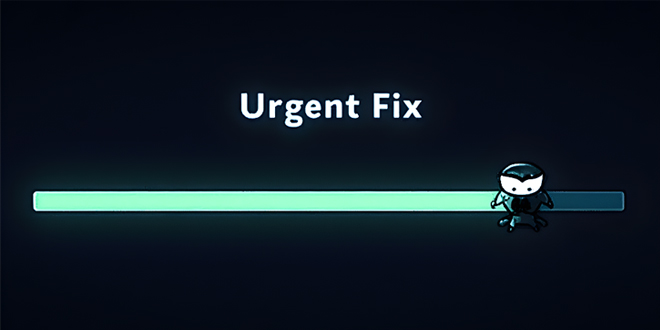Cisco announced updates on Wednesday to fix a security flaw in its Adaptive Security Appliance (ASA) that is currently being exploited and could cause a denial-of-service (DoS) condition.
CVE-2024-20481 (CVSS score: 5.8) is A vulnerability in the Remote Access VPN (RAVPN) service of Cisco Adaptive Security Appliance (ASA) Software and Cisco Firepower Threat Defense (FTD) Software that could allow an unauthenticated, remote attacker to cause a denial of service (DoS) of the RAVPN service.
By infosecbulletin
/ Monday , September 15 2025
Australian banks are now using bots to combat scammers. These bots mimic potential victims to gather real-time information and drain...
Read More
By infosecbulletin
/ Saturday , September 13 2025
F5 plans to acquire CalypsoAI, which offers adaptive AI security solutions. CalypsoAI's technology will be added to F5's Application Delivery...
Read More
By infosecbulletin
/ Saturday , September 13 2025
The Villager framework, an AI-powered penetration testing tool, integrates Kali Linux tools with DeepSeek AI to automate cyber attack processes....
Read More
By infosecbulletin
/ Saturday , September 13 2025
Samsung released its monthly Android security updates, addressing a vulnerability exploited in zero-day attacks. CVE-2025-21043 (CVSS score: 8.8) is a...
Read More
By infosecbulletin
/ Saturday , September 13 2025
Albania has appointed the first AI-generated government minister to help eliminate corruption. Diella, the digital assistant meaning Sun, has been...
Read More
By infosecbulletin
/ Thursday , September 11 2025
On September 1, 2025, Qrator Lab identified and managed a major attack from the largest L7 DDoS botnet seen so...
Read More
By infosecbulletin
/ Thursday , September 11 2025
A new vulnerability, CVE-2025-4235, in Palo Alto Networks’ User-ID Credential Agent for Windows, could reveal a service account's password in...
Read More
By infosecbulletin
/ Thursday , September 11 2025
CyberVolk ransomware, which appeared in May 2024, has increased attacks on government agencies and critical infrastructures in Japan, France, and...
Read More
By infosecbulletin
/ Wednesday , September 10 2025
Microsoft has issued a new warning about a critical security vulnerability in Active Directory Domain Services, known as CVE-2025-21293. An...
Read More
By infosecbulletin
/ Wednesday , September 10 2025
Sophos fixed an authentication bypass vulnerability in its AP6 Series Wireless Access Points, preventing attackers from obtaining admin privileges. The...
Read More
This vulnerability stems from resource exhaustion. An attacker can exploit it by sending many VPN authentication requests to the device, potentially causing a denial of service (DoS) for the RAVPN service. In some cases, the device may need to be rebooted to restore the service. Other services unrelated to VPN are not affected.
“An attacker could exploit this vulnerability by sending a large number of VPN authentication requests to an affected device,” Cisco said in an advisory. “A successful exploit could allow the attacker to exhaust resources, resulting in a DoS of the RAVPN service on the affected device.”
Earlier this April, Cisco Talos reported an increase in brute-force attacks on VPN services, web application logins, and SSH services since March 18, 2024.
These attacks targeted various equipment from companies like Cisco, Check Point, Fortinet, SonicWall, MikroTik, Draytek, and Ubiquiti.
“The brute-forcing attempts use generic usernames and valid usernames for specific organizations,” Talos noted at the time. “These attacks all appear to be originating from TOR exit nodes and a range of other anonymizing tunnels and proxies.”
Cisco has also released patches to remediate three other critical flaws in FTD Software, Secure Firewall Management Center (FMC) Software, and Adaptive Security Appliance (ASA), respectively.
 InfoSecBulletin Cybersecurity for mankind
InfoSecBulletin Cybersecurity for mankind














